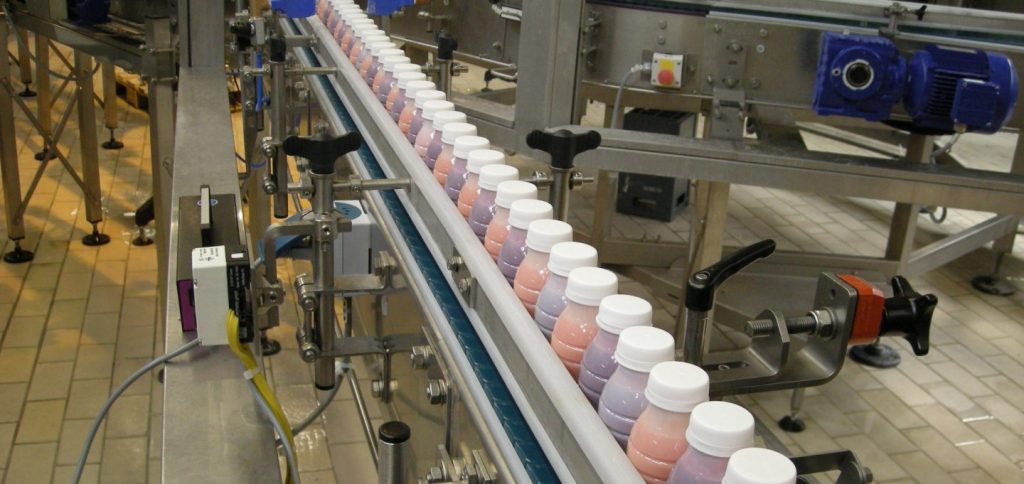Promotions give consumers that needed incentive

Sales of dairy drinks are booming. Between December 2016 and November 2017, sales grew by 7.4 percent, reports the Düsseldorf-based Information Resources GmbH. This number does, however, include the increasingly popular plant-based alternatives. The use of sales promotions on the retail end also significantly contributed to the result.
The corresponding sales revenue for the entire segment now totals an astonishing €1.08 billion, with volume sales growing by 4.8 percent to reach 646,000 tons during the reporting period. Overall, more than 90 percent of these impressive figures resulted from mixed dairy beverages and plant-based alternatives, which together contributed to a 2.2 percent growth in market share to 61 percent. Sales of plant-based products grew by 18.6 percent, while “real” milk products grew by 8.3 percent. For both product groups, retail sales promotions proved to be key: With plant-based products, every third package was sold in response to a special offer from the brand’s manufacturer; for dairy products, sales promotions contributed to a 23 percent rise.
Aldi, Lidl, and Norma together were able to increase their revenue from flavored drinks by 67 percent thanks to special offers. Promotions also helped increase business by 24 percent at brand discounters.
Special offers entice consumers
In fact, the use of special offers — or, as some call it, the selling of high-quality goods at a loss — has become enormously important to sales growth. We’re all familiar with the weekend flyers, now essentially mini magazines at Aldi and Lidl, that alert consumers to upcoming promotions at the chain stores. And more than a few of us go to these stores the following week to specifically take advantage of “unrivalled” discounts; and, of course, plenty of new bargains will certainly follow in the weeks afterward, too.
Discount mania?
That’s just how business is — even if this practice has many critics, especially in the food-producing agriculture sector, who view the discount mania from a different perspective. These critics argue, quite understandably, that these permanent special offers will undermine the intrinsic value of food as a whole: After all, foodstuffs are truly the “fuel for life,” and are thus precious and priceless as food forms the basis for everything. After this critique follows the understandable point that prices are too low for producers.
That may well be true — but businesses that wish to sell more also have to motivate consumers to demand more. It’s far more difficult to make well-fed people hungry than to make hungry people well-fed. Special offers are an effective method for generating extra business, perhaps because they also motivate consumers to try out other versions of a product and possibly acquire more of a taste for them.
… but everyone benefits
In this respect, and here the critics are undoubtedly right, special offers serve the imperative role of promoting sales. In addition, they lead to better utilization of production capacities and directly contribute to higher sales. In the end, everyone in the entire chain — from producer to processor and retailer through to the consumer — profits from these promotions in some way. Admittedly, the consumer benefits the most. But if consumers aren’t at the center of business, who is?
At the moment, and this can also be taken as a short-term outlook, the enthusiasm for special offers has waned somewhat. Retailers want to profit from the currently strong consumer demand and leverage this revenue. But as soon as the economic situation slows down, and that day will certainly come, special offers will once again gain significance.
